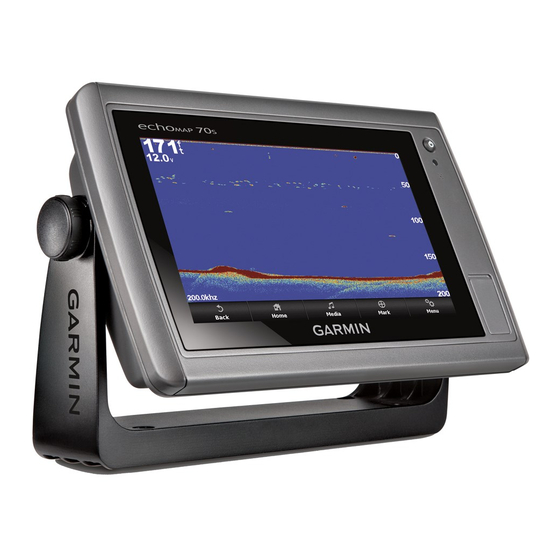Item Description
Notes
Device bracket This half of the bracket connects to the device
using the included threaded rods and lock nuts.
Surface bracket This half of the bracket connects to the
mounting surface using either the included
screws or other hardware appropriate for the
mounting surface (not included).
Hex screws
These screws secure the two halves of the
bracket together after the depth is set. A
(3 mm) hex screwdriver or bit is required to
tighten these screws.
Preparing the Mounting Surface
To obtain a clean, flat look when the device is mounted, you
must precisely cut and prepare the mounting surface.
1
Trim the template and make sure it fits in the location where
you want to mount the device.
2
Remove the protective liner from the back of the template
and adhere it to the location where you want to mount the
device.
3
Using the drill bit indicated on the template, drill one or more
of the holes inside the corners of the solid line on the
template to prepare the mounting surface for cutting.
4
Using an appropriate cutting tool, cut the mounting surface
along the inside of the solid line indicated on the template.
Make sure that you leave the full width of the solid line on the
template intact when cutting, so you can enlarge and refine
the cutout as necessary.
5
Remove the template from the mounting surface.
6
Select an option:
• If the mounting surface is thicker than
use a router or other appropriate tool to reduce the
thickness of the rear surface around the cutout.
• If the mounting surface is thinner than
add a surface reinforcement around the device cutout.
7
Place the device into the cutout to test the fit, and refine both
the cutout and the rear surface as needed.
Installing the Flat-Mount Brackets and Mounting the
Device
Before installing the brackets and mounting the device, you
must prepare the surface so it is the appropriate thickness for
the device and sturdy enough to support the device.
The screws provided to connect the brackets to the mounting
surface may not be appropriate for all surface types or
thicknesses. If the screws are too long for your surface, or
inappropriate for the surface type, you must purchase
appropriate screws.
1
If you are installing a five-inch device, place the device in the
cutout
to determine if the brackets will fit better on either
the top and bottom or sides of the device.
The brackets can be installed only on the sides of a seven-,
eight-, or ten-inch device.
2
3
4
7
/
in.
64
5
6
7
8
9
10
11
1
/
in. (3.2 mm),
8
1
/
in. (3.2 mm),
8
Install the threaded rods in the holes at the four corners of
the back of the device.
Place the device brackets
secure them to the device with the included washers and
nuts.
Connect the surface brackets
the hex screws
, but do not tighten them.
The two halves of the brackets must remain loosely
connected so that you can set the depth.
Place the device in the cutout and mark the location of the
pilot holes needed to secure the brackets to the surface.
Remove the device from the cutout, and drill the pilot holes
using a drill bit appropriate for the surface and screw size.
NOTE: Make sure you do not drill through the front of the
surface.
Install the rubber gasket around the front bezel of the device.
The pieces of the rubber gasket have adhesive on the back.
Make sure you remove the protective liner before installing
them on the device.
Apply marine sealant to the front bezel of the device so that it
will fill and properly seal the area between the mounting
surface and the device and prevent leakage behind the
dashboard.
Place the device in the cutout, and secure the brackets to the
surface using the appropriate screws and washers.
Adjust the depth of the device until it is flat with the front of
the surface, and use the hex screwdriver to tighten the hex
screws that lock the depth of the brackets.
After the device is adjusted correctly, remove any excess
marine sealant applied in step 8.
on the threaded rods, and
to the device brackets with
3

